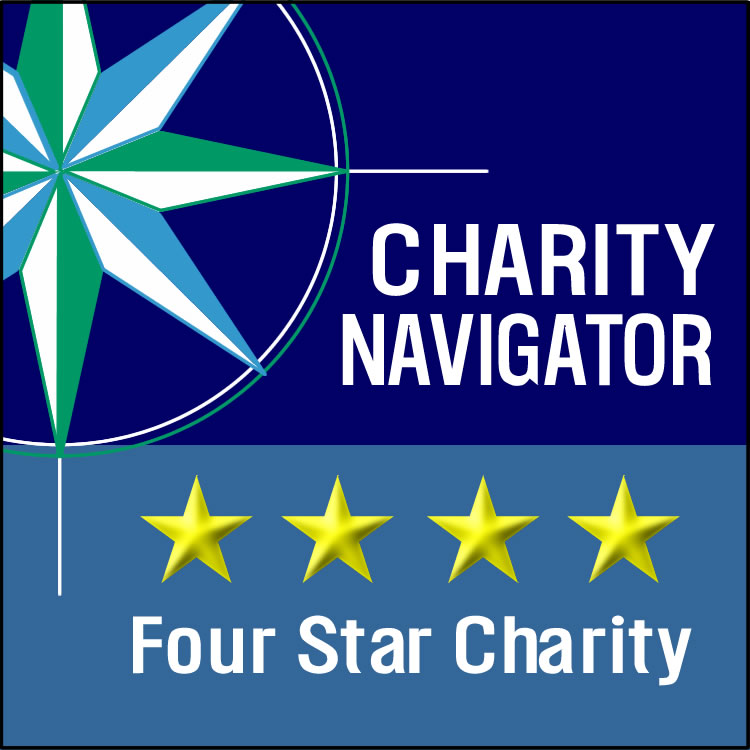When vision can no longer be improved through surgery, medicine, or eyewear, there are other ways to help a person adjust to vision loss and still maintain independence and a quality lifestyle. Thus, the role of Rehabilitation Training is critical for all levels of vision loss including:
- No vision
- Low vision
- Changing vision
Why is Rehabilitation Training important?
Vision rehabilitation helps people adapt to their vision loss and includes a wide range of professional services that can restore functioning after vision loss, just as physical therapy restores function after a stroke or other injury. Vision Rehabilitation services allow people who have no vision or changing vision continue to live independently and maintain their accustomed quality of life.
Our vision rehabilitation program includes, but is not limited, to the following:
- Skills for daily living
- Communication skills such as touch typing, Braille and accessing computers with specialized software and hardware
- Assistive Technology
- Adjustment to vision loss counseling (individual, group and family)
- Orientation and Mobility to travel independently and travel safely
- Low Vision Services for individuals with low vision
Why work with San Diego Center for the Blind?
Our goal in working with visually impaired individuals is to help you achieve your dreams! And, we know what we’re talking about … over half of the professional staff at the San Diego Center for the Blind are blind and vision impaired themselves, providing you with over 100+ years of personal and professional experience.
Specifically, our team of professionals includes:
- An optometrist specializing in low vision
- Occupational therapists
- Orientation and mobility specialists
- Counselors
- Rehabilitation instructors
Meet one of our Vision Rehabilitation Services clients
Self-Advocacy
An important part of ALL our training classes is self-advocacy. While we are active in working in our community to advocate on the behalf of the vision impaired population, it is important that all vision impaired individuals learn to advocate on their own behalf. Thus, this philosophy is an integral part of all our training.
Outreach for homebound individuals
If for health care reasons an individual is not able to leave home or they are the primary caregiver for others, our outreach counselors are able to help them become more independent and provide valuable resources for them to continue living an independent lifestyle. Specifically, counselors will conduct at-home assessments, provide recommendations on how to improve the home environment, connect them to other community and social services, and provide general support, such as marking ovens, etc.
Outreach counselors are also available to assist individuals in developing accessibility at work and at school.
|
|
For information about our Vision Rehabilitation Services
Email: Info@sdcb.org |




